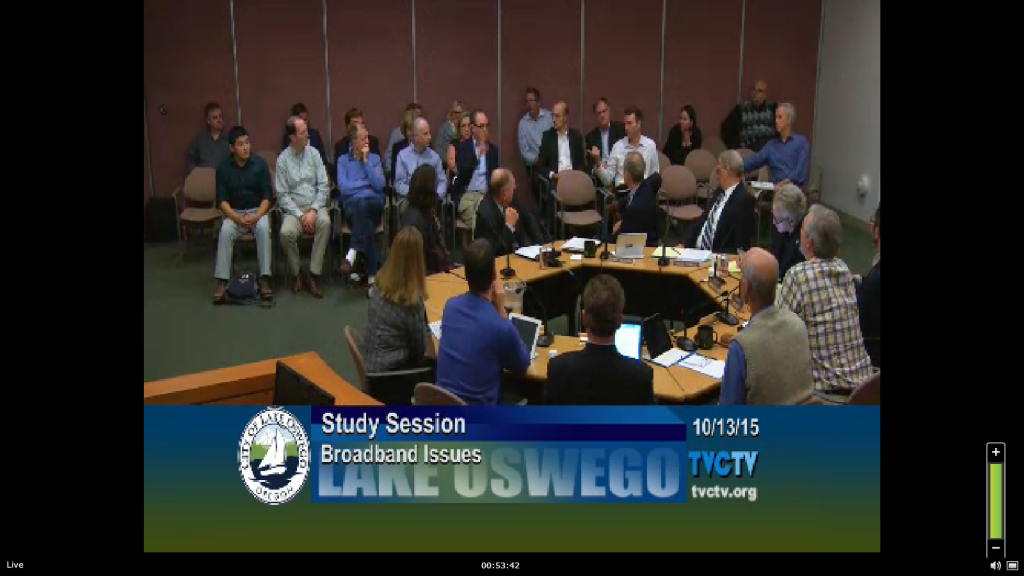Stories about cities and local governments entering the broadband services without properly understanding the market dynamics are plentiful. Peachtree City’s naivety was shown in the initial steps of their due diligence yet they went ahead anyway. A cottage industry of consultants have popped up to scam taxpayer dollars to perform studies to tell cities what they want to hear, but they don’t accurately point out the dangers and risk associated with municipal broadband efforts.

Claims of wide private-sector interest in signing up for the recently approved municipal broadband service in Peachtree City, Georgia, were exaggerated by the consultant hired to determine whether the proposal made financial sense, according to emails obtained by Watchdog.org.
The consultant, Allen Davis, owner of the Savannah-based Community Broadband, couldn’t have described the supposed need any more clearly when he spoke to city council members Sept. 17. Davis said he surveyed 76 business owners about the private Internet service they already had and “100 percent of the ones that responded to our request” said they would be interested in signing up for government-run broadband service. Based on those assurances, city officials voted unanimously to approve Davis’ plan at a cost of $3.2 million.
Emails exchanged among city council members and Davis paint a different picture.
According to a document attached to an email from city Finance Director Paul Salvatore to Davis, city officials reached out to 25 businesses in the city in April and May to gauge their interest. Twelve business owners expressed some degree of interest.












